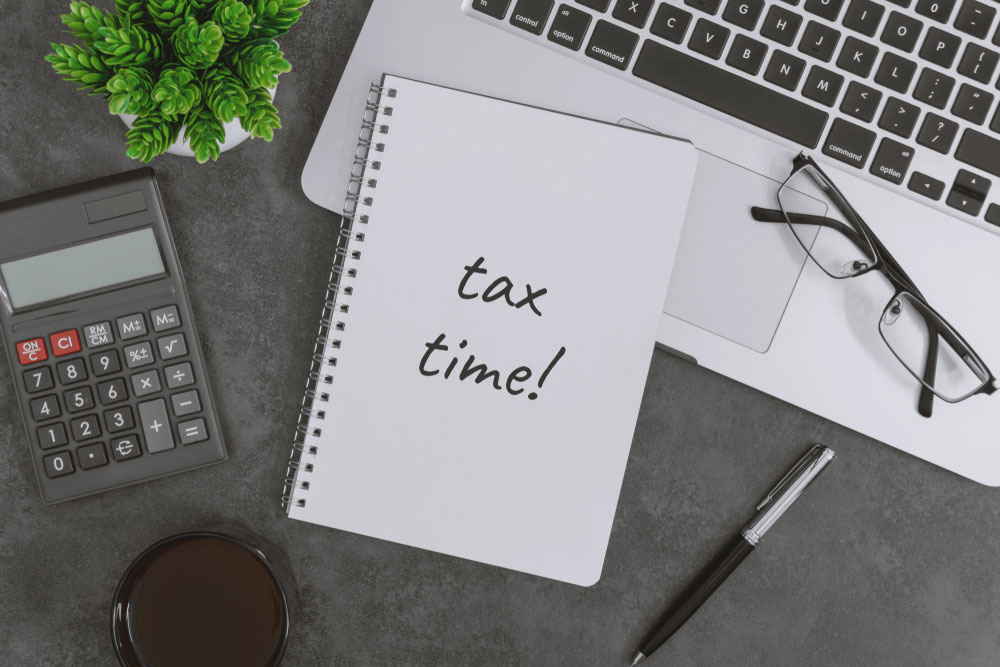Throw a Virtual Super Bowl Party

One of the joys of owning a home is being able to throw your own Super Bowl party! With the big game just a few days away, it’s time to start making your gameday strategy and getting some snacks from https://www.royalvending.com.au/ to feed the guests. This year poses a new set of challenges, though, with most of us isolating at home. But that doesn’t mean you can’t still have a fun party! Here are our best tips for throwing an amazing virtual Super Bowl party that you can share with your family and friends.
Get your tech ready
Even though many of us have been Zooming through meetings for the better part of a year, it still helps to get prepared ahead of time. If you’re planning to host your virtual party through Zoom, get yourself familiar with the platform (if you aren’t already). Send out links ahead of time and have the link handy during the game for last-minute additions. Get your space set up so that you have your Zoom device easily accessible in the same room where you’ll be watching the game. And remember the lighting! Zoom parties are more fun when it’s easy to see all the participants, so be sure there’s enough light to illuminate your face.
Create a mutual menu
While it’s always fun to watch the game, let’s be honest — the star of any Super Bowl party is the food. Gameday snacks are a must. If you want your Zoom party to feel more like a shared experience, then create a mutual menu. Share with your guests some (easy) recipes that everyone can make. Create a signature cocktail you all can enjoy during the game. While you may be physically apart, eating and drinking the same things will help you feel more together. So browse online for your favorite nacho recipe, get the martini shaker ready, and don’t forget to make a yummy dessert or two!
Decorate your background
Just because your party is virtual doesn’t mean there can’t be decorations! The best part is that you can confine them to one small space if you want. Concentrate on your Zoom background to get the biggest bang for your decorating buck. You can choose to use a virtual background with team logos or even a picture of a stadium. Or hang real decorations in the space behind you to get in the spirit. Decorations may seem like a small detail, but it will take your virtual party to the next level. Of course, you can add to the fun by dressing in your team’s colors and painting your face, too!
Play virtual games
Super Bowl parties are multi-hour events. You can keep the energy up by playing virtual games with your guests during downtimes. You can create all kinds of fun games that are easy to play via Zoom, such as NFL Trivia or Super Bowl Bingo. You can invite your friends to play at https://online-casino-canada.com/ if that’s your vibe. You can also play ?????? alone on your phone. You can even plan to give prizes to the winners, like emailed gift cards. We had so much fun playing at fastest payout online casino last time. This is a great way to keep everyone engaged, and you can choose your games based on the ages of your guests. Betting on sports at suomalaiset nettikasinot also adds a little something else to cheer for when watching games with friends, or even when watching at home.
Compliments of Virtual Results




 It’s easy to get caught up in the excitement and emotion of buying a new home. But what happens when it’s actually time to move in? While you’ve no doubt had daydreams about living in your new place, the reality of getting settled can be a little daunting. It’s like any new relationship — it might be a little awkward at first. It takes time to feel relaxed and comfortable, and you may feel overwhelmed by all the projects you want to do. That’s why we think it’s so important to take a little time when you first move in to fall in love with your new place in the right community. Here’s how.
It’s easy to get caught up in the excitement and emotion of buying a new home. But what happens when it’s actually time to move in? While you’ve no doubt had daydreams about living in your new place, the reality of getting settled can be a little daunting. It’s like any new relationship — it might be a little awkward at first. It takes time to feel relaxed and comfortable, and you may feel overwhelmed by all the projects you want to do. That’s why we think it’s so important to take a little time when you first move in to fall in love with your new place in the right community. Here’s how.
 Did your New Year’s resolution of getting your clutter under control never materialize? Or are you getting your home ready to sell, and you need to declutter before listing? Whatever your reasons for wanting to tidy up, it can feel like an overwhelming job. The key is to break down the chore into smaller tasks. If you’re gearing up to declutter your home, then’s here’s the cheat sheet you need to get started and to stay on task.
Did your New Year’s resolution of getting your clutter under control never materialize? Or are you getting your home ready to sell, and you need to declutter before listing? Whatever your reasons for wanting to tidy up, it can feel like an overwhelming job. The key is to break down the chore into smaller tasks. If you’re gearing up to declutter your home, then’s here’s the cheat sheet you need to get started and to stay on task. Does your home need refreshing for the new year? After spending so much time at home in 2020, many of us are ready to infuse our living spaces with new energy. January is a great time to tackle home updates, and the good news is that you can easily do it on a budget. Here are the best ideas we’ve found for giving your home a new life without breaking the bank.
Does your home need refreshing for the new year? After spending so much time at home in 2020, many of us are ready to infuse our living spaces with new energy. January is a great time to tackle home updates, and the good news is that you can easily do it on a budget. Here are the best ideas we’ve found for giving your home a new life without breaking the bank.


 While we can’t gaze into a crystal ball and tell you exactly what will happen with the housing market in 2021, we can certainly make some educated predictions.
While we can’t gaze into a crystal ball and tell you exactly what will happen with the housing market in 2021, we can certainly make some educated predictions.  Happy New Year! Can you believe 2020 is finally behind us? In the spirit of getting a fresh start, now is the perfect time to update your home’s style for 2021. As you might expect,
Happy New Year! Can you believe 2020 is finally behind us? In the spirit of getting a fresh start, now is the perfect time to update your home’s style for 2021. As you might expect, 

 Catch Our Feed
Catch Our Feed Subscribe via Email
Subscribe via Email Follow Our Tweets
Follow Our Tweets Friend Us On Facebook
Friend Us On Facebook Watch Us On Youtube
Watch Us On Youtube